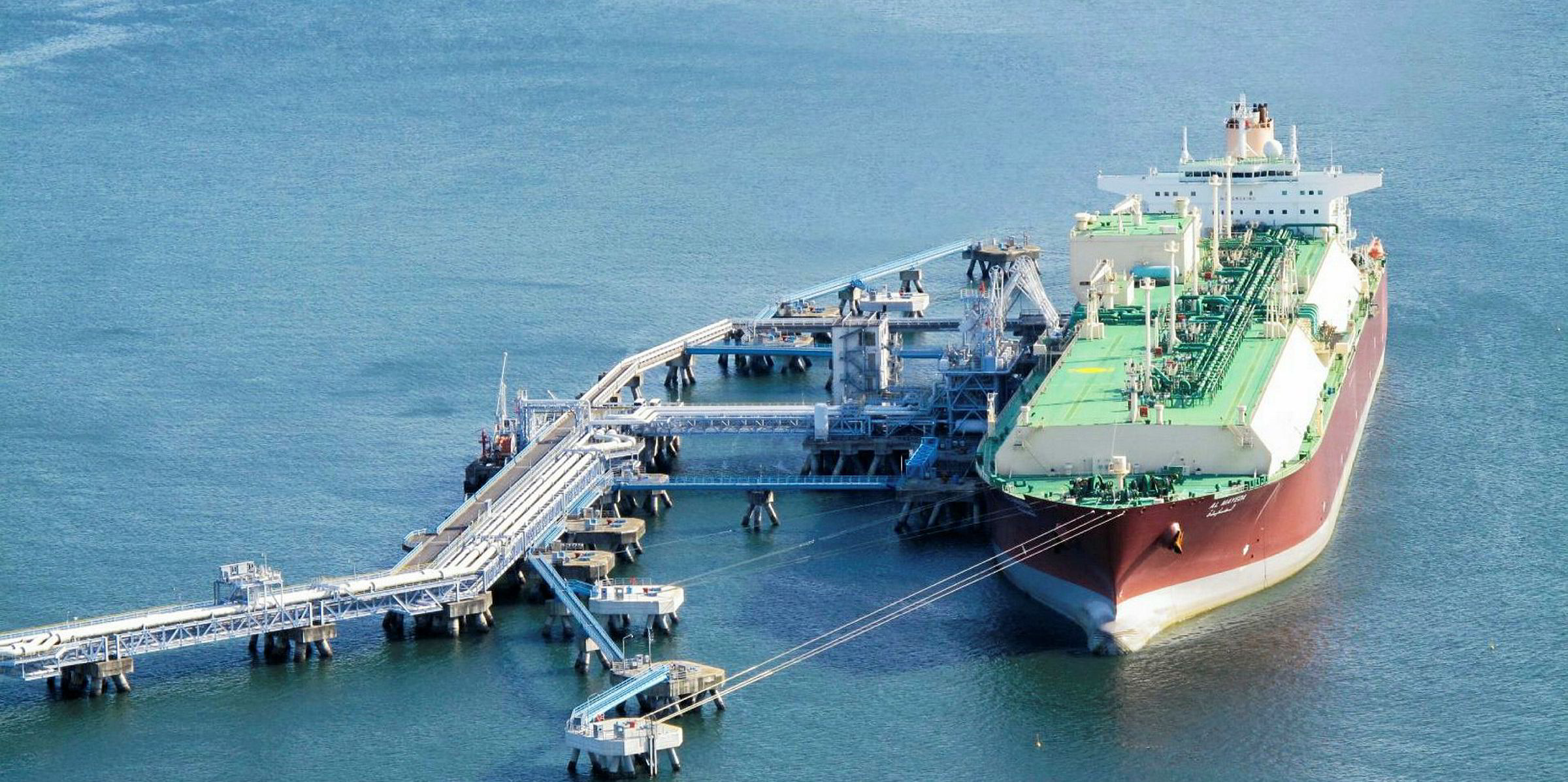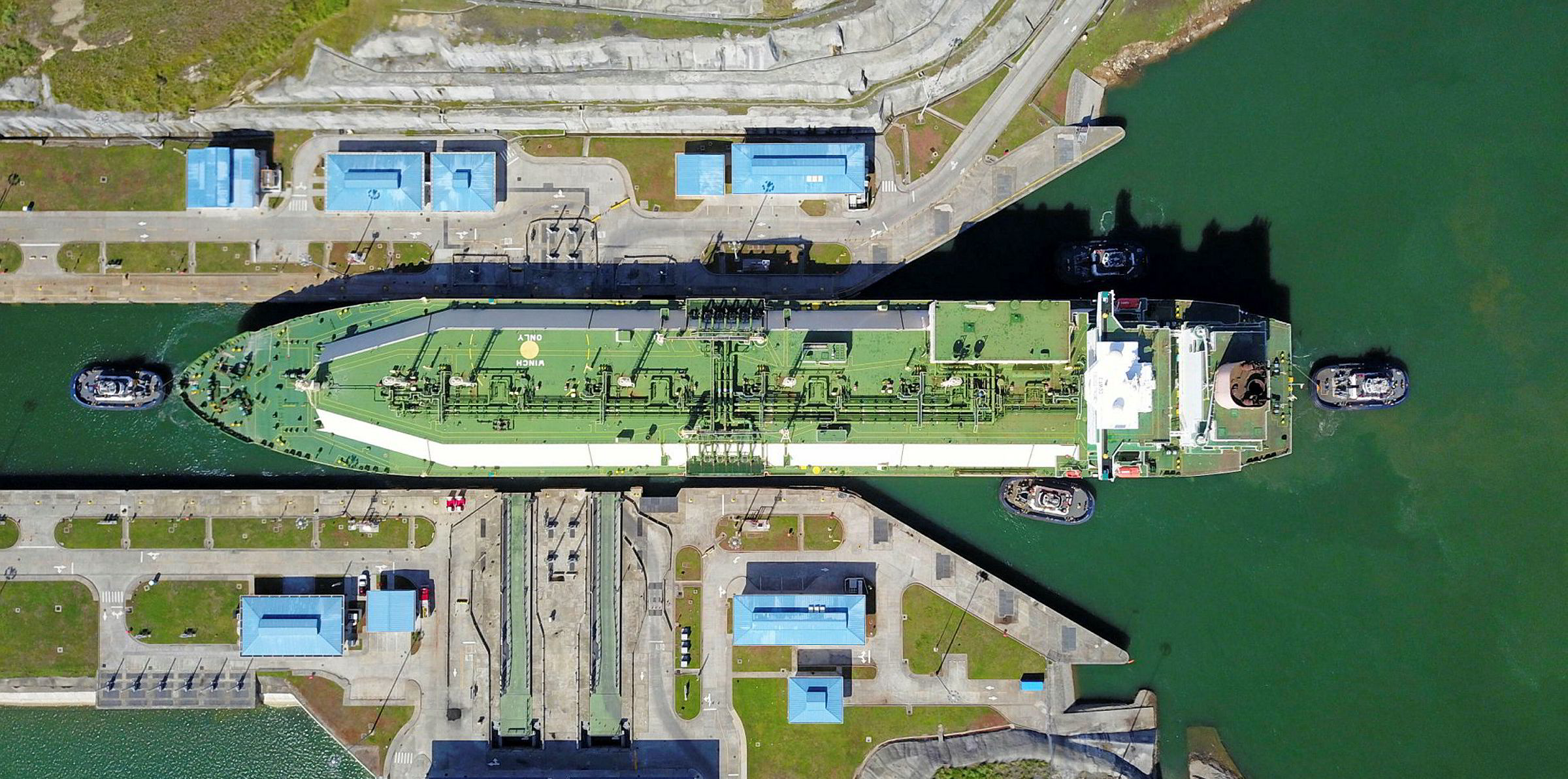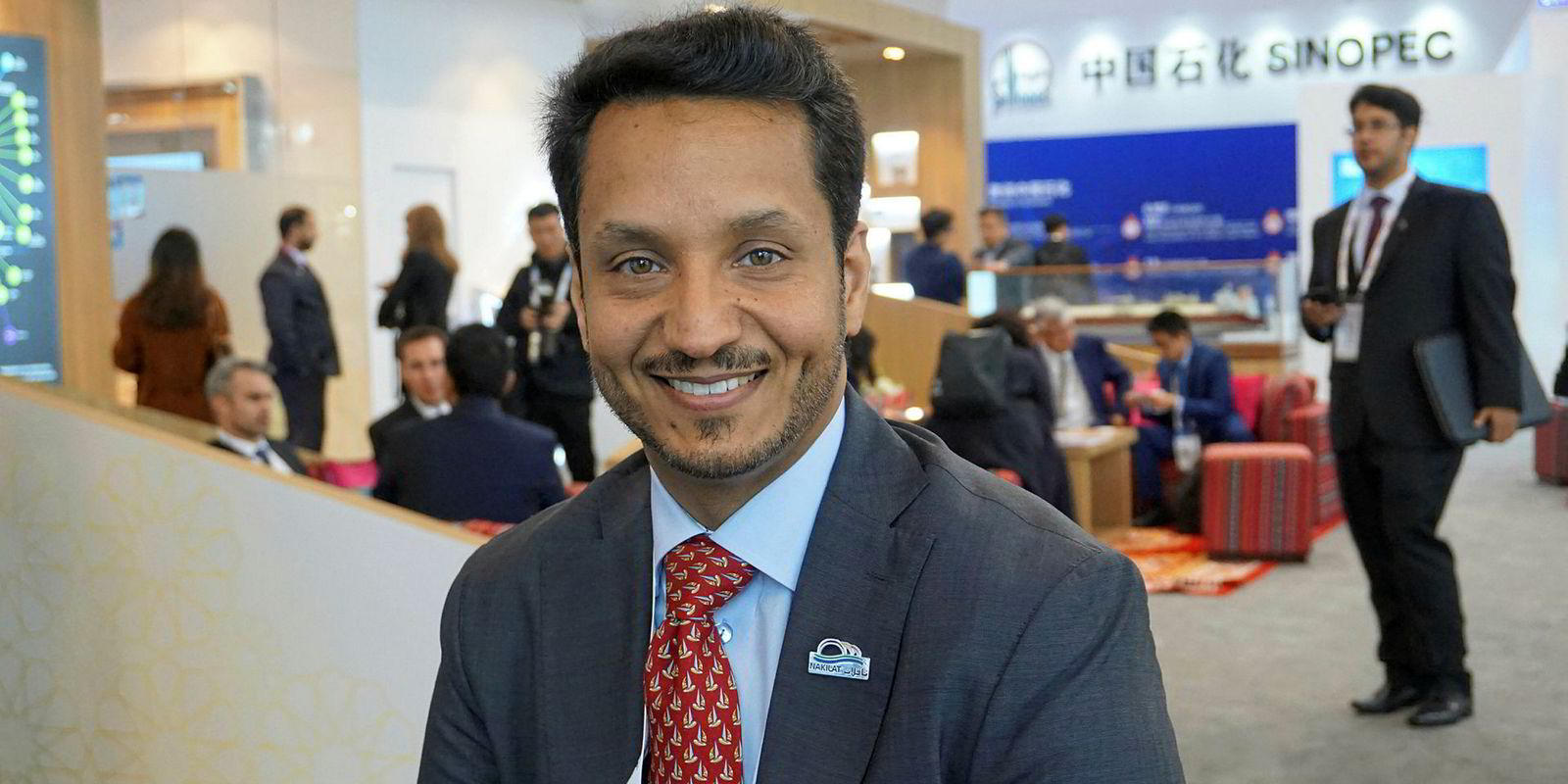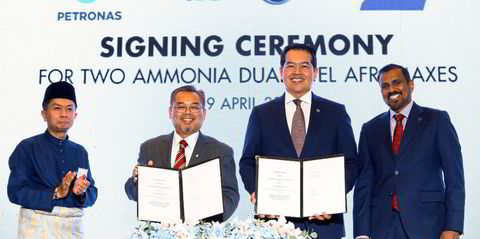Nakilat has kicked off the second phase of its fleet-management transition from Shell International Trading and Shipping Co.
The Qatari shipowner said its Q-Max LNG carrier, the 266,000-cbm Al Mayeda (built 2009), is the first vessel transitioned as part of several LNG carriers' phased management transition agreement.
Nakilat's figures show that seven LNG carriers will be shifted over during this phase.
The Al Mayeda will move into Nakilat’s in-house shipmanagement arm, Nakilat Shipping Qatar, which currently manages 14 LNG carriers and four VLGCs.
Nakilat said once the second phase of vessel transitions from Shell has been completed, Nakilat Shipping Qatar’s fleet will comprise 25 vessels, consisting of 21 LNG carriers and four LPG units.
In a first phase in 2017, Nakilat transitioned a first batch of 10 LNG carriers to in-house management.
The company said this second phase of fleet-management transition will contribute in laying a solid foundation for an integrated maritime industry in Qatar, in line with the Qatar National Vision 2030 for economic growth.
Nakilat struck a shipmanagement deal with Shell in 2006 on its then burgeoning fleet of large-size LNG newbuildings.
The Qatari owner signed an agreement with Shell to provide for the transition of management responsibilities of 25 vessels in what was then three planned phases.
Nakilat chief executive Abdullah Al Sulaiti said the company has followed through with its growth strategy and commenced the second phase of its fleet-management transition, despite the current challenges faced by the world from the Covid-19 pandemic.
“This will see us expanding our shipmanagement capabilities and become a strong, fully-fledged shipping and maritime company,” Al Sulaiti said. "The management of our vessels centrally from Qatar will allow Nakilat to capitalise on existing synergies with our main charterer, realise operational efficiencies and optimise costs."
Nakilat said there had been no disruption to its business despite the ongoing challenges of the global pandemic.






